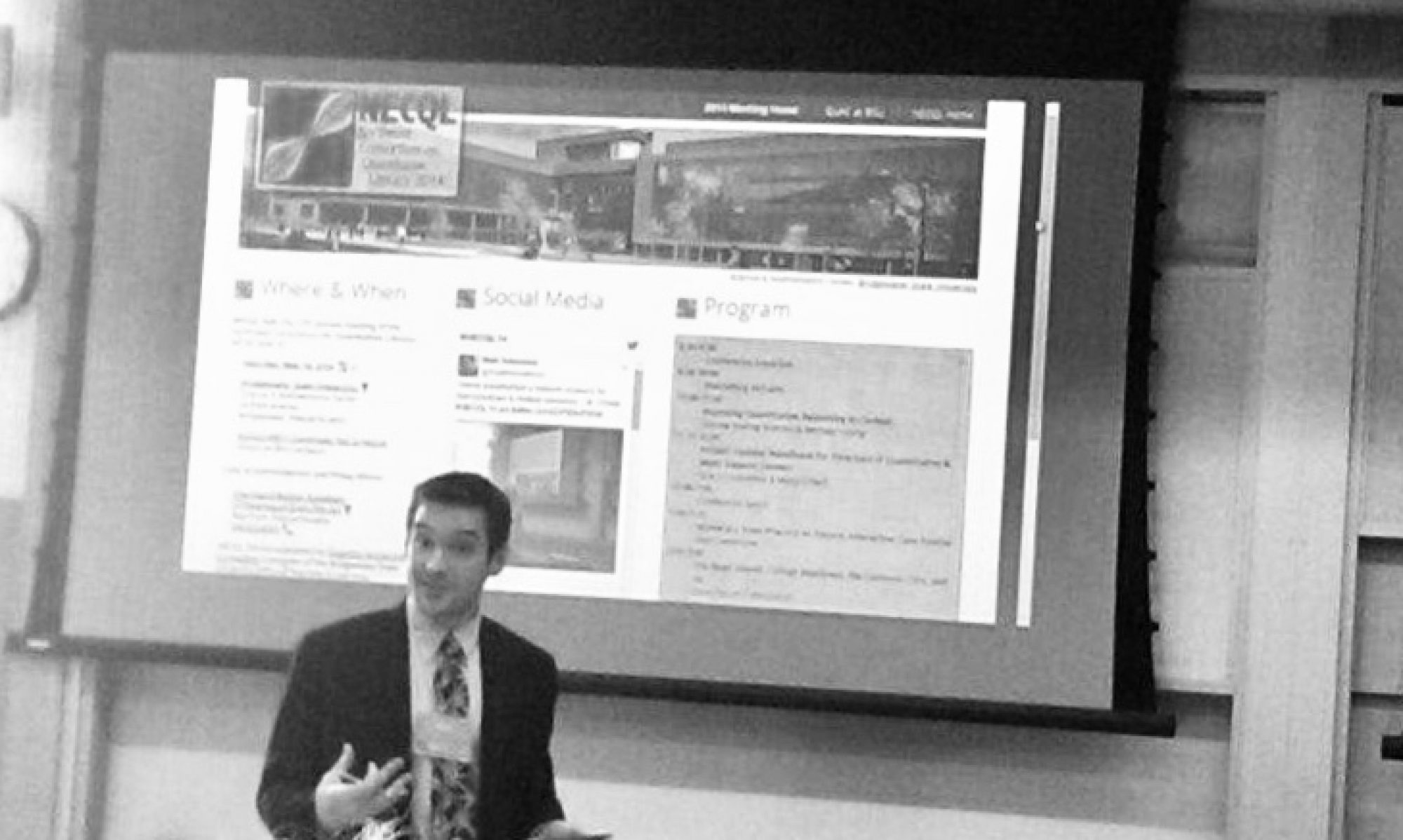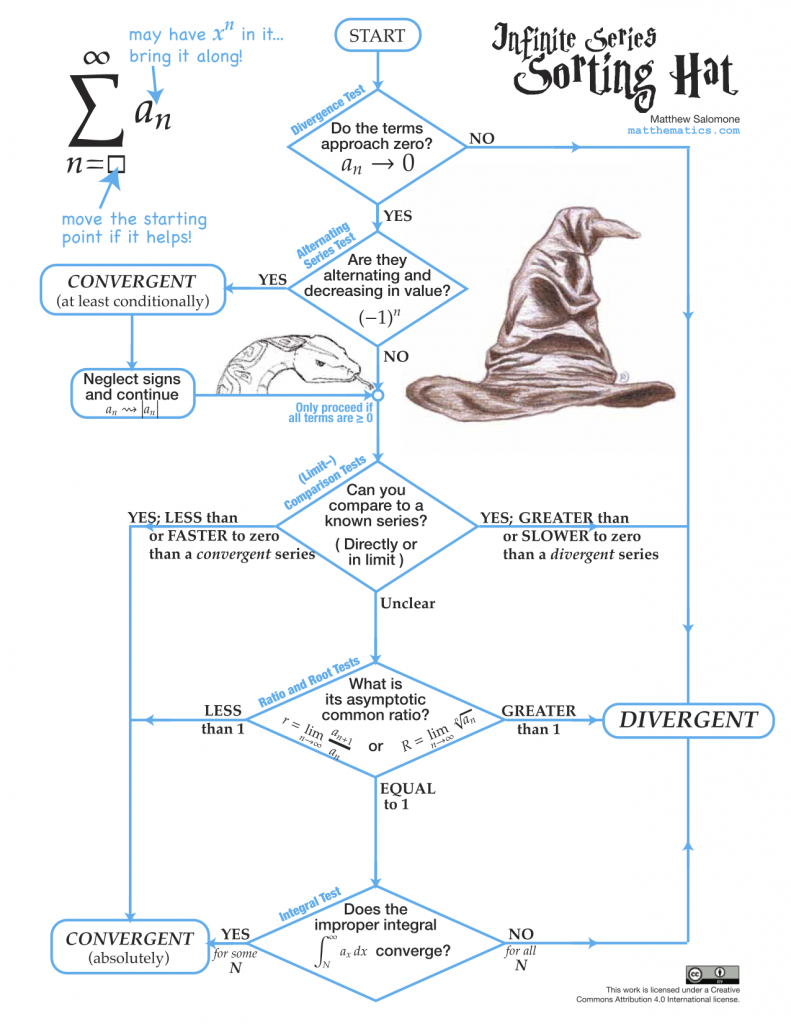Building Quantitative Literacy Across the Curriculum
AMCOA Annual Assessment Conference
Massachusetts Department of Higher Education
April 19, 2019 – Marlborough, Mass.
Continue reading “Building Quantitative Literacy Across the Curriculum (AMCOA 2019)”

 Get the printable versions:
Get the printable versions: